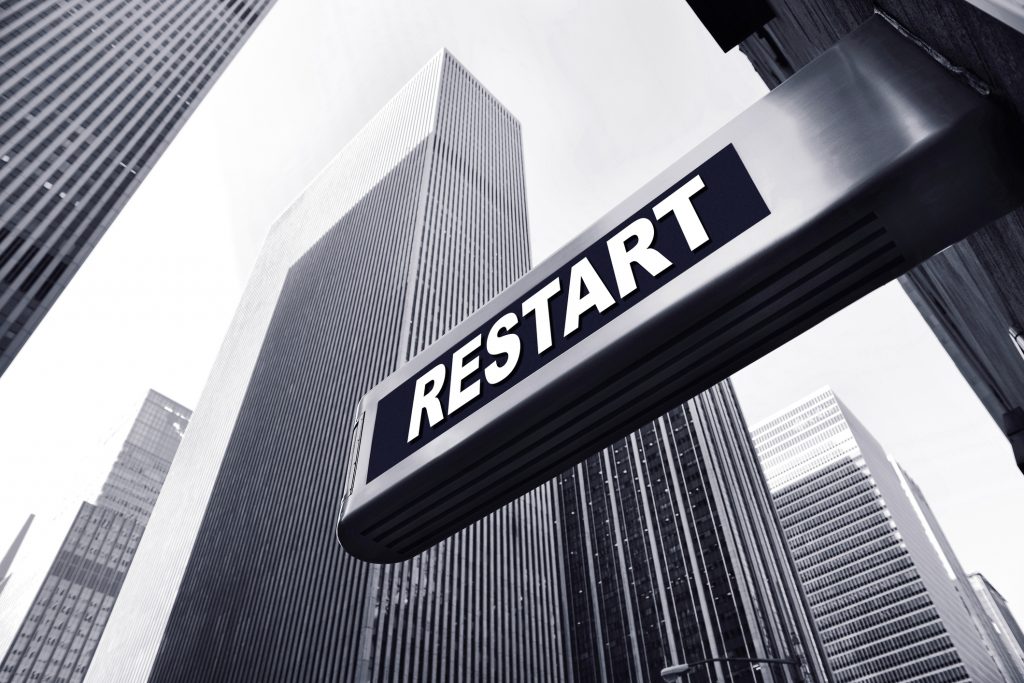4 minute read
As the economy starts waking up from the ravages of the COVID-19 pandemic and more companies rehire workers or bring them back to the workplace, businesses will be faced with a number of risks that they may not have had to contend with the past.
That’s the conclusion of a new report, “New Emerging Risk Insights,” by the Swiss Re Institute. The report notes that the biggest risks for businesses will come from restarting suspended operations or ramping up from lower production levels, which lead to more serious workplace accidents.
There are other potential risks facing companies, including the toll of suddenly starting up equipment and machinery that sat idle as well as new maintenance issues from facilities that may have been operating at limited capacity.
Risk of restarting operations
For many companies with equipment, machinery and vehicle fleets, maintenance schedules often have not been kept up during the pandemic. And facilities that are not well-maintained can also pose their own risks, all of which can end up having significant costs in terms of resulting in large and costly accidents.
“There is heightened accident risk in rushed start-up actions as businesses seek to return to normal. In turn, this could lead to large losses in property and casualty insurance,” Swiss Re wrote.
There are a number of reasons maintenance and inspections may not have been kept up:
- The facility has been idle.
- The facility is operating at reduced capacity and there is not enough staff to conduct maintenance and inspections.
- A lack of qualified contractors that can perform maintenance and repairs, as well as a shortage of equipment and material.
- Qualified and experienced staff have either been laid off and/or, due to restrictions on mobility in lockdown, not able to travel to sites of work.
For perspective, in the oilfield services sector alone, there was a $20-billion reduction in maintenance budgets in 2020.
The danger in all of this, Swiss Re notes, is that the start-up phase of mothballed facilities and equipment can be a time fraught with “acute risk.” For example, studies have found that 40-50% of process safety incidents and major losses occur during start-ups after a period of being shut down or other issues that interrupted operations for a period of time.
And many businesses under financial pressure and starting up at a time when funds may be scarce can result in a company not planning or devoting the resources required for an orderly start-up. In other words, the start-up could be rushed amid the company’s eagerness to get things moving again.
Additionally, bringing back employees who have not worked much over the past year may result in a spate of workplace injuries. Staff who resume work after a long period of not being around workplace machinery and equipment may be out of practice and rusty, which can result in costly and dangerous mistakes that end in them, their co-workers or third parties being hurt.
Zombie companies
All those government financial relief programs enacted in 2020 and this year have helped many companies stay afloat. These subsidies have helped both viable and non-viable firms continue operations.
The danger concerns the latter companies, firms that are unable to cover debt-servicing costs from their current profits and revenues for an extended period of time. These types of businesses are often referred to as “zombie companies,” since they are not able to sustain their operations without outside financial assistance.
According to Swiss Re, these cash injections can mask an enterprise’s risk of defaulting, which means they could face uncertain insurance policy renewals.
Swiss Re said that these issues make it difficult for insurers to gauge which firms are insurable, since it is not easy to identify those that are being kept afloat by stimulus funds or low-interest loans.
“This distorts markets and, crucially for the insurance industry, makes it harder to distinguish between those at risk of defaulting and those not,” Swiss Re wrote in the report.
It also puts businesses in a bind, particularly if they have unknowingly contracted with zombie companies as vendors or suppliers. If one of those companies suddenly fails, it could leave the hiring company in a serious bind, particularly if that zombie firm was providing essential services or products.
The takeaway
If your firm has been idle or hasn’t been working at full capacity since the pandemic started, it would be wise to resume full operations in a methodical and well-planned manner.
That’s especially important if workers are returning to the job after a long hiatus. They may be rusty and not as attuned to workplace dangers as they were when they were working five days a week.
You may also want to ensure that your suppliers and vendors have seen no ill effects from the pandemic. But just in case, it would be wise to seek out alternative vendors and have a backup supplier should one of your main suppliers suddenly go belly-up.

